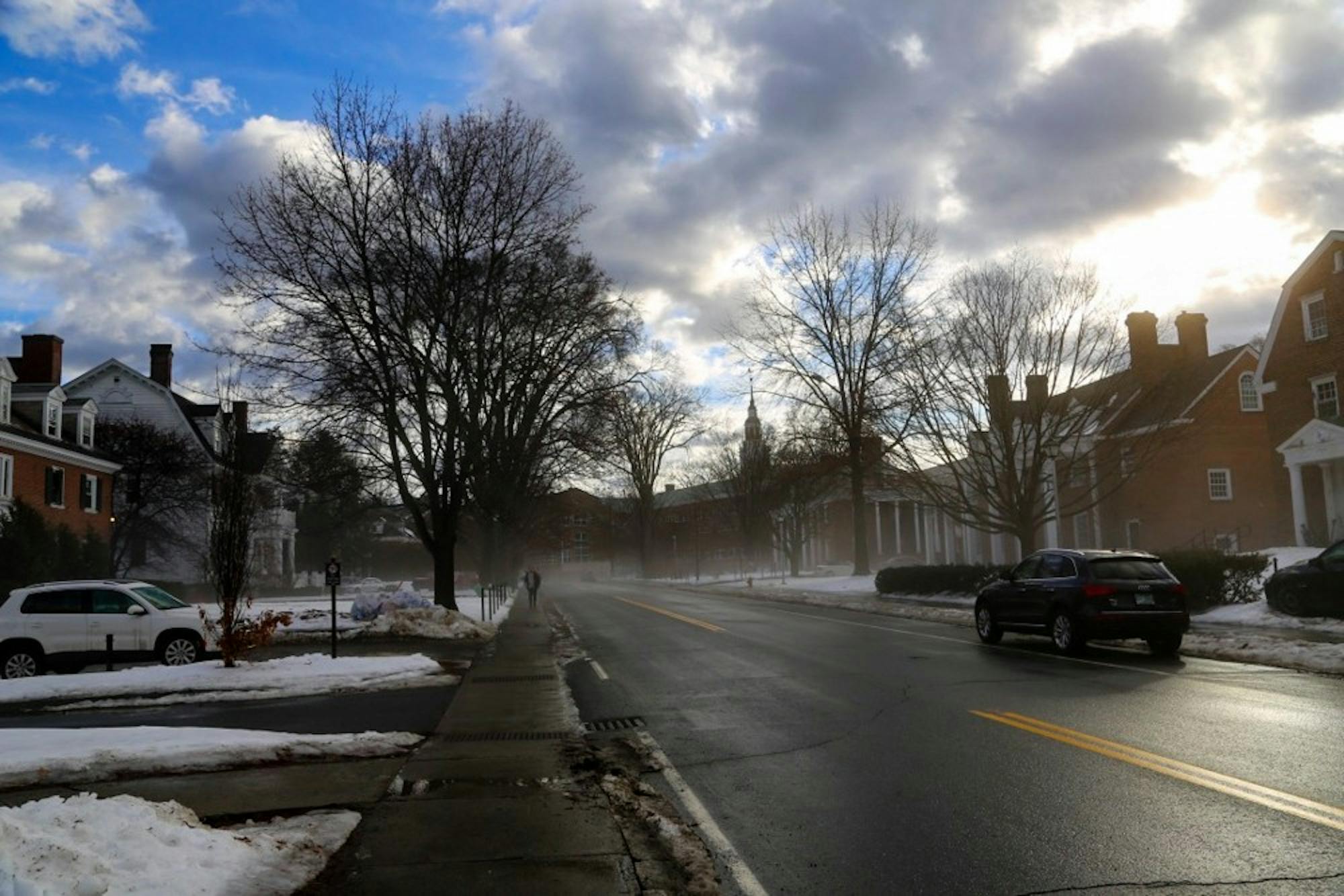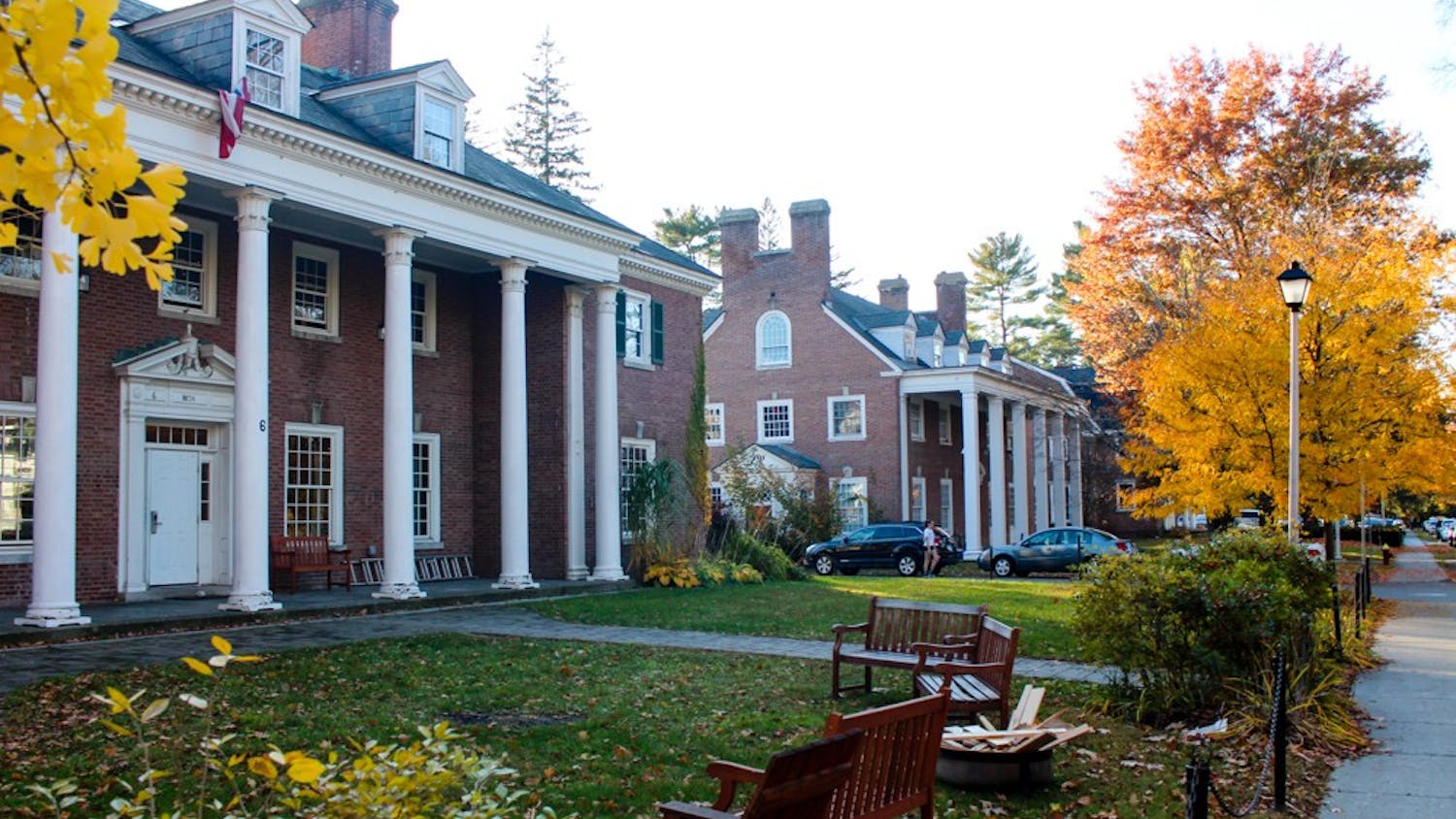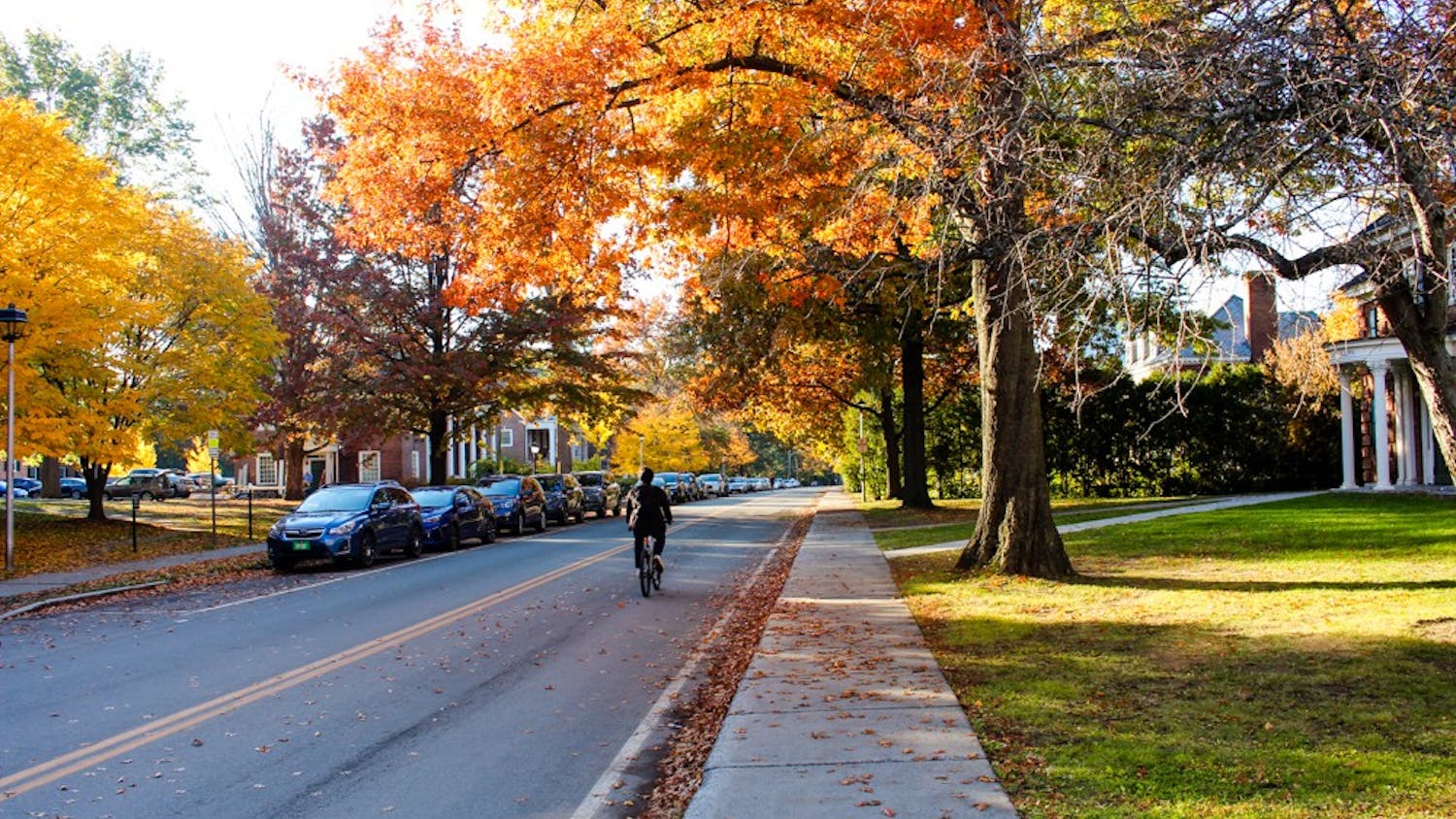This week, potential new Greek house members will navigate the College’s first-ever virtual rush. Despite the virtual format, sorority rush will have nearly 400 participants, while fraternity rush, which adopted a formal registration process this year, will see over 300 potential new members.
Fraternity rush — which may be followed by an additional rush process for some houses in the spring — begins on Thursday and will end on Jan. 24, while sorority rush — the only round of rush this academic year — began on Wednesday and concludes on Jan. 28.
This term, 393 students are registered in sorority rush, compared to 372 last fall and 144 last winter — though some potential new members from the fall carry over to the winter. Meanwhile, fraternity rush has drawn 353 registrants. Interfraternity Council president Michael Saturno ’21 noted that the IFC adopted a formal registration process for the first time this year to keep track of people off campus who are rushing, and the system will likely continue in future terms.
This is also the first term of rush since all local sororities adopted clauses in their constitutions to explicitly admit non-binary students. Non-binary students will have the option to opt out of rush parties at the College’s four national sororities, whose national chapter restrictions permit only self-identifying women to join.
This year, traditional in-person rush parties have been replaced with events held over Zoom. Office of Greek Life director Brian Joyce said that he has worked with houses on promoting virtual opportunities to help students who, now more than ever, are looking for “meaningful relationships” and a “sense of belonging.”
Saturno noted that, in the case of fraternity rush, the virtual format has actually allowed for more personal interactions between fraternity brothers and potential new members.
“We've seen that this has been a really good opportunity for potential new members to get to know brothers — and vice versa — on an individual basis,” Saturno said, adding that he has seen a number of fraternities hosting calls with potential new members that he described as “the Zoom equivalent of a coffee chat.”
Lewis MacMillan ’23, who is currently participating in fraternity rush, said he has participated in plenty of informal one-on-one Zoom calls with current members, which he has “really enjoyed.”
“Instead of meeting 12 people in one hour, you get to meet one person for one hour, 12 times,” MacMillan said. “It's a very different experience because you don't have to make such an impression right off the bat. It feels a lot less competitive in that sense.”
Tess Goldrick ’21, one of Sigma Delta sorority’s rush chairs, said that during pre-rush events, her house gave a virtual house tour to potential new members and presented a PowerPoint highlighting the favorite memories of current sisters. She added that her house has hosted sister dates, during which a current member has a virtual chat with a potential new member.
Sorority rush has kept its general structure — in which potential new members proceed through different “rounds” to meet with the members of different sororities, visiting fewer houses each round. However, the process will be conducted using breakout rooms over Zoom, which Goldrick said makes it “10 times more confusing.”
In Sigma Delt’s case, during the first and second rounds of rush, potential new members will be sorted into small breakout groups to meet with current members. After each round, potential new members will meet over Zoom with their recruitment counselors — sorority members who have volunteered to help potential new members through rush — to rank their top house choices. The houses also rank the potential new members.
Normally, to culminate rush, sororities deliver a decorative invitation — a “bid card” — to those who receive bids. This year, Goldrick said the Inter-Sorority Council is assembling similar digital cards from each sorority to deliver to new sisters.
In fraternities, at the end of rush, potential new members traditionally go to their house of choice to shake all the hands of the brothers, after which they may or may not receive a bid. However, shakeout in this rush cycle will be different.
Saturno said that potential new members will receive a secure online survey asking for their name, student ID, contact information and their house of choice. The form will be open for 24 hours, at which point bids will be delivered or denied. A second form will then be delivered to those who did not receive a bid on the first night, in which they may select another fraternity, as long as that fraternity is open for the second night.
Despite the houses’ efforts to make potential new members feel welcome, the fraternity and sorority rush processes — especially in a virtual setting — can be daunting.
“I was definitely a little concerned [about] how it was going to be online because on Zoom, I feel like everyone just has a different demeanor,” said Claire Mitchell ’23, who is participating in sorority rush. “I know I don't come across as well on Zoom. I'm more awkward, and I felt it was going to be hard to get a read on the different sorority groups.”
According to Saturno, the initiative required to partake in some of the rush activities has proved challenging for potential new members and current brothers alike.
“[Rush has] required a lot more effort on both the houses and potential new members to reach out because it's obviously much more difficult than just walking up to the actual brick and mortar foundation of the house and meeting people,” Saturno said. “Now you have to text or email a rush chair or set up one of these Zoom conversations.”
In addition, Joyce said orchestrating events while being mindful of students in different time zones has been difficult. He added that all rush events have been “mapped out” well in advance to ensure all can participate.
“We had to coordinate schedules around people being all over the world,” Joyce said. “Providing some flexibility has been a challenge.”
Reflecting on the shortcomings of virtual rush, Saturno said “some really fun events that have been tradition” have been lost this year.
“That sort of institutional memory is going to have to be verbally passed on to the next class so that when things are hopefully normal, again, they'll know how their house used to do it,” Saturno said.
Inter-Sorority Council president Mahalia Dalmage ’21 declined to comment.




